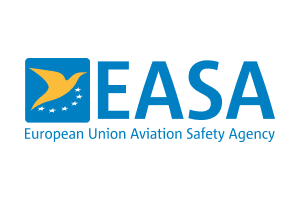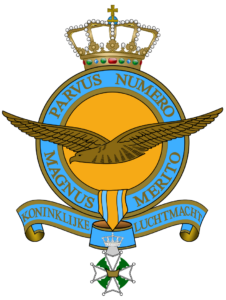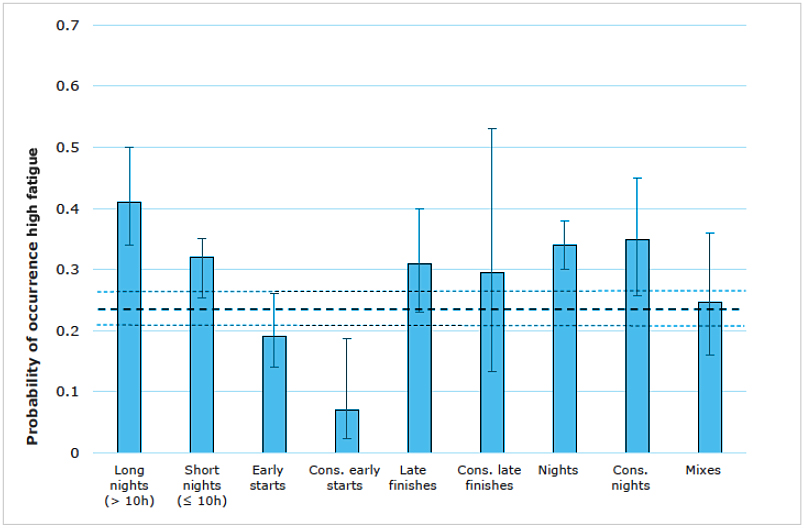Manage fatigue-related risks among pilots and flight personnel
Find better solutions to the safety challenges that arise from fatigue
In aviation operations, managing fatigue is essential as it diminishes an individual’s ability to perform almost all operational tasks. This clearly has implications for operational efficiency, but in situations where individuals are undertaking safety-critical activities, fatigue-effected performance can also have consequences for safety outcomes.
Royal NLR’s Fatigue Risk Management (FRM) support is flexible and can be catered to your company’s specific needs. If you are just starting to think about FRM, or are just looking for a partner to guide you through the process, we are here to assist you in any phase of FRM implementation.
Regarding Fatigue Risk Management System (FRMS) we can help you in any phase of selection and implementation:
- Predictive FRMS: evidence-based, data-driven duty scheduling (e.g. using biomathematical models)
- Proactive FRMS: identification of fatigue causes and hazards through adequate, both subjective and objective fatigue measurement and monitoring, and/or innovative, population specific fatigue mitigation
- Reactive FRMS: event investigation and subsequent effective management and mitigation measures
Choose the FRM module that fits your company’s needs
Scientific Analysis
to identify causes of fatigue
Extensive data collection studies to find fatigue hotspots and the underlying causes.
- Field studies to collect data on sleep, alertness, workload and performance
- Usage of bio-mathematical modelling, actigraphy and a mobile data collection app
- Fatigue report analysis
- Surveys and focus groups
Implementation
of optimised work schedules
Structural development, implementation and objective and subjective evaluation of optimised rosters.
- Evidence-based work-schedule optimisation and implementation
- Bio-mathematical modelling to predict the impact of the new schedules on fatigue and alertness
- Valid and reliable effect measurements of roster changes
Complete Support
in implementing FRMS throughout your organisation
Examination and selection of the appropriate FRM processes.
- Scanning the maturity and effectiveness of your FRM processes
- Set up and effective data collection and monitoring system
- Benchmarking on work limits and rest minima regulations
- Structural comparison of planned to actual rosters
- Fatigue awareness training for operational personnel and rostering/scheduling departments
- In-house workshops on fatigue identification and mitigation.
Some of our satisfied customers




EASA Report 2019: Effectiveness of Flight Time Limitation (FTL)
 NLR performed a large scale study evaluation study on the effectiveness of the EASA FTL throughout Europe. The resulting report gives an overview of the work performed, and the methods that can be applied by NLR. The results and recommendations, and critical assessment of the effectiveness of the EU flight and duty time limitations and rest requirements can be found in an extensive EASA report. In addition, a scientific study was published in which the duties were ranked by their impact on aircrew fatigue, focusing on the top-two ranked fatiguing duty types over 2 years (leave your contact details to get this paper below). The results of this study highlight that prescriptive limits alone are not sufficient to prevent high fatigue during night flights, and that air operators should be supported in tailoring and implementing more effective fatigue risk management strategies. At NLR we are willing and able to provide you with this tailored and effective FRM support.
NLR performed a large scale study evaluation study on the effectiveness of the EASA FTL throughout Europe. The resulting report gives an overview of the work performed, and the methods that can be applied by NLR. The results and recommendations, and critical assessment of the effectiveness of the EU flight and duty time limitations and rest requirements can be found in an extensive EASA report. In addition, a scientific study was published in which the duties were ranked by their impact on aircrew fatigue, focusing on the top-two ranked fatiguing duty types over 2 years (leave your contact details to get this paper below). The results of this study highlight that prescriptive limits alone are not sufficient to prevent high fatigue during night flights, and that air operators should be supported in tailoring and implementing more effective fatigue risk management strategies. At NLR we are willing and able to provide you with this tailored and effective FRM support.

This figure depicts the point estimates for the probability of occurrence of high fatigue (KSS ≥ 7) at Top Of Descent (TOD) during different Flight Duty Periods (FDP). Compared with baseline conditions (the thick dashed horizontal line), the point estimates are clearly increased for long and short night FDPs (duration > 10h and ≤ 10h), for night FDPs (including all night FDPs), and for late finishes FDPs.
How to integrate Fatigue Risk Management into your aviation operations
Get answers to implementation questions such as:
